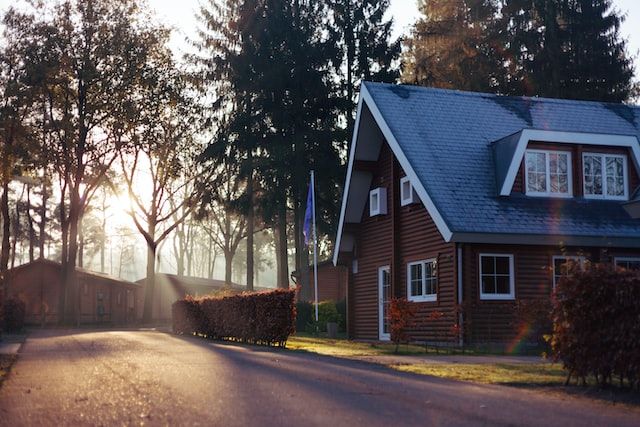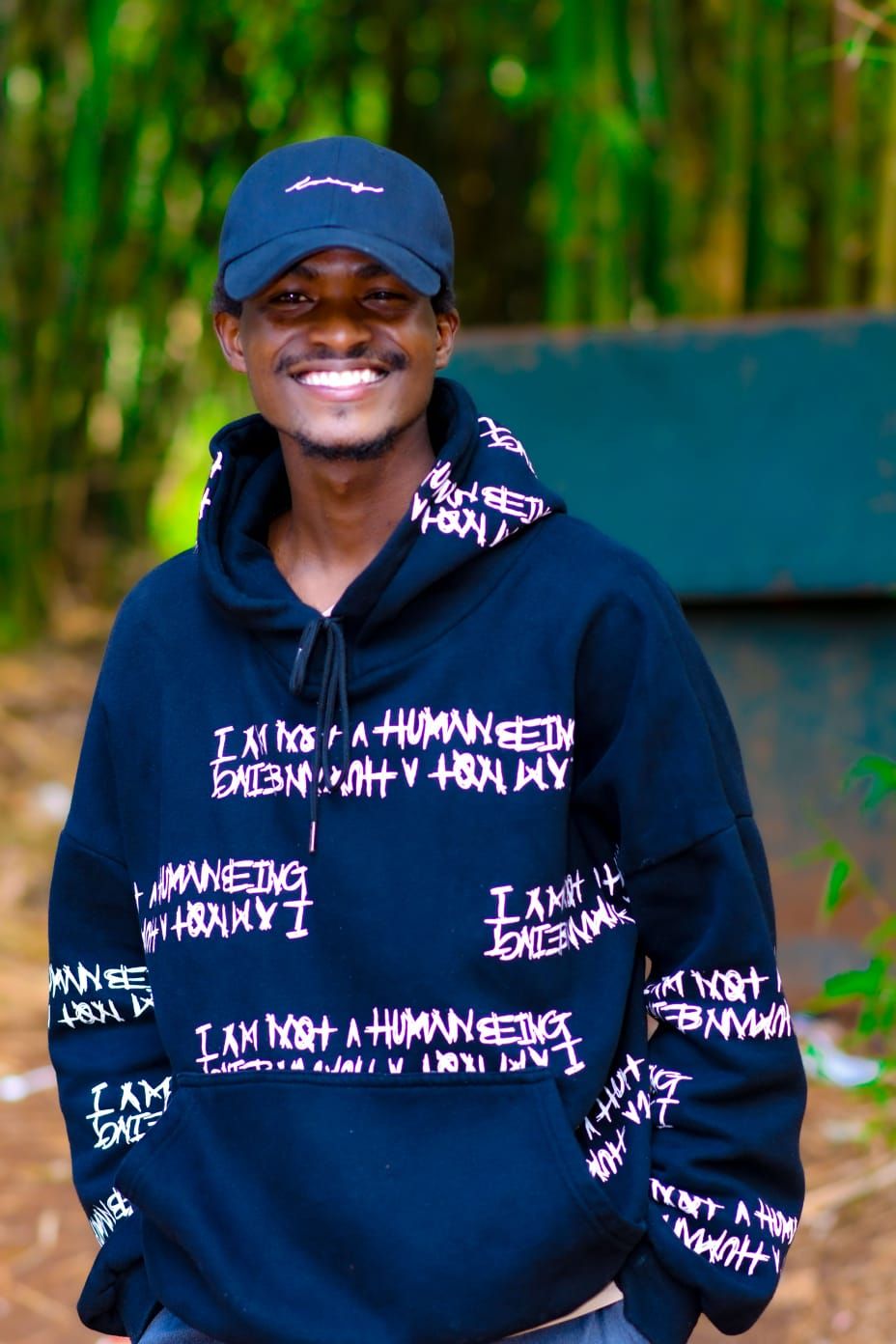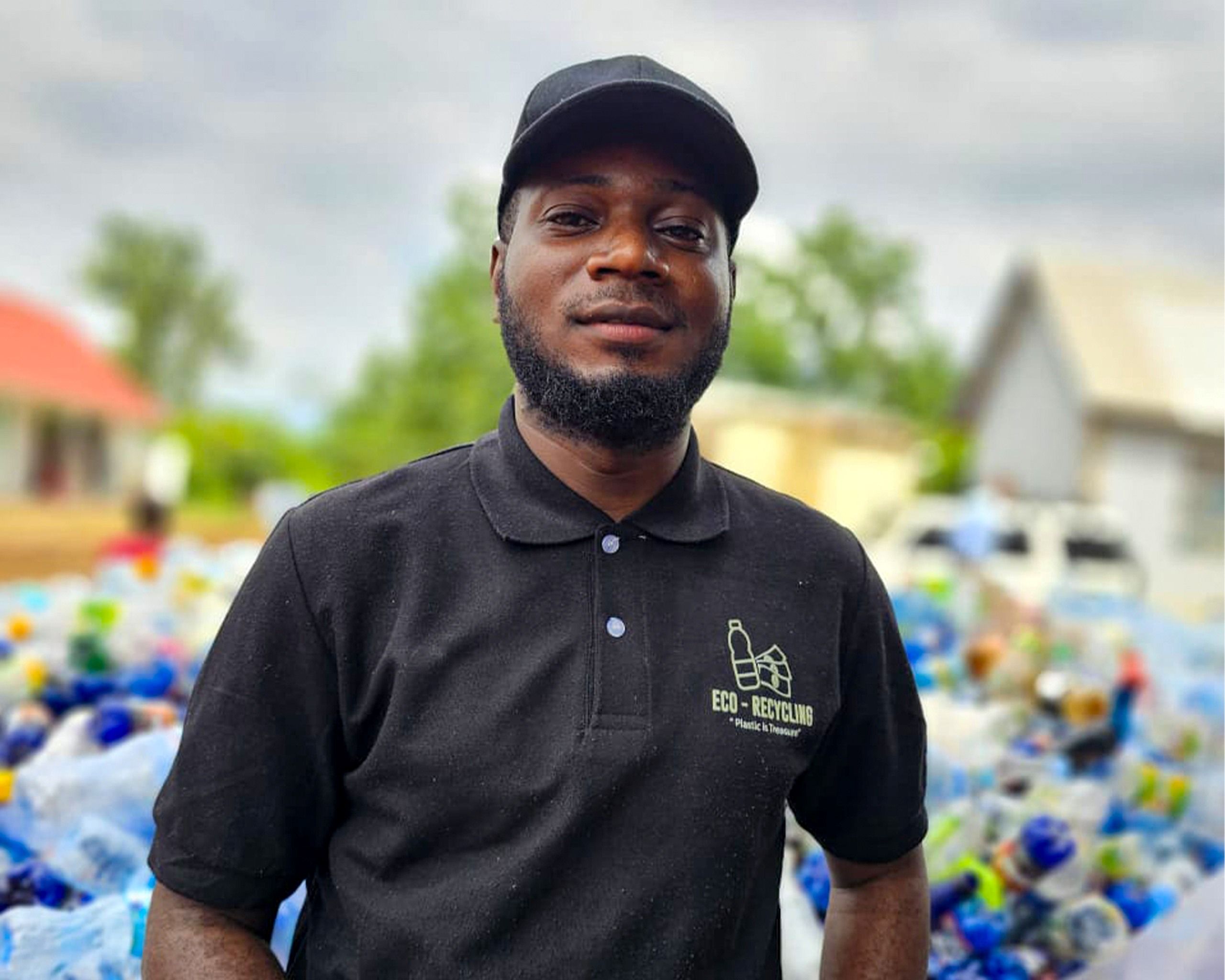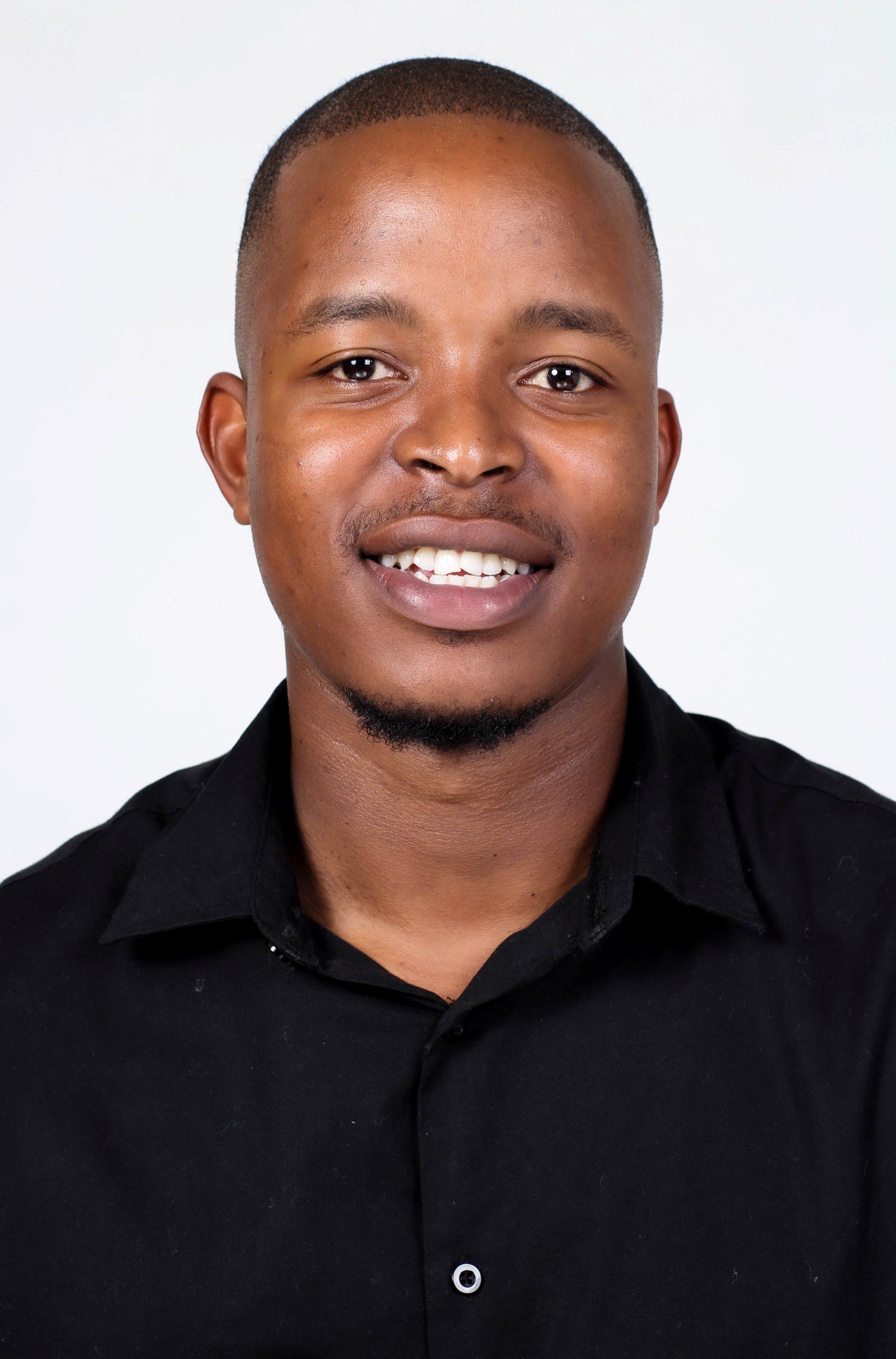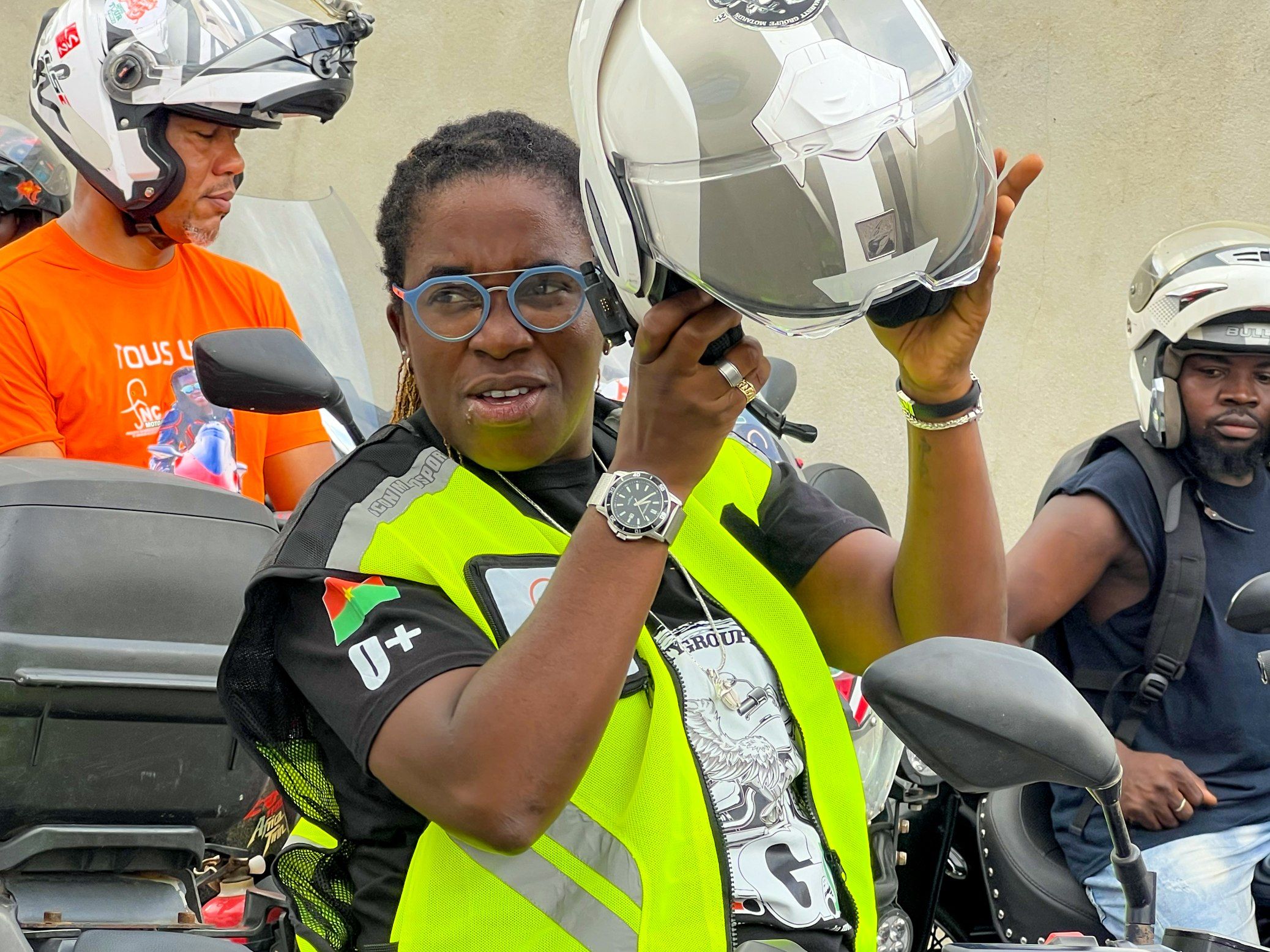
Home. People have found ways to define what or where home is to them. I remember spending some time at Alfajoy Records in Kapsabet, composing songs that never saw the light of day. There, my friend Carl Brio, now Dj Karl, took me in as a brother. I had visited his home in Kamobo a few times. After high school, his mother employed me to man their shop. I loved it there. For a while, it felt like home. This tells you that to some extent I hated my own home.
In Nandi Hills, surrounded by vast tea plantations, that’s where I grew up. There was nothing exciting about the place, apart from the high numbers of early pregnancies and school dropouts we saw. Most people around this place are tea pluckers, their salaries ranging between Sh 10000 – 15000 a month. They would be rained on, and similarly scorched by the sun in those farms.
I grew up as an angry kid. From a young age, I always wondered what parents gained when they punished their kids heavily. However, I sometimes justified some actions. Some parents had it rough, right?
But when it came to my parents, I failed to understand. While they felt as if they were parenting me to the best of their abilities, I felt they were robbing me of my childhood. Such things as heavy punishments like denying kids food, because they failed to do a task or heavy beatings, did not make sense. But they did it nevertheless, so home never felt like home.
In my little pursuits of happiness and a normal childhood, music, radio shows, books and football became my escape. I discovered Mambo Mseto, a radio show hosted by Willy M Tuva. Back then, Diamond Platnumz, Alikiba, Professor Jay, Chameleon and Radio and Weasel were East Africa’s sought-after artists. Genge was still a dominant flavour in the Kenyan music scene, with Kapuka appearing every once in a while. While I found love in Mambo Mseto, it was Radio Jambo’s sports analysis that stole my heart.
The station had just launched, with the likes of Peter Kirumba, Diblo Wa Kaberia, Fred Arocho, Yusuf Kaona, and Bramwel Mwololo being the magnets of their shows. There was hardly any woman in it at that time. Back then Jacob ‘Ghost’ Mulee and Gidi Ogidi (both of the popular show Patanisho) also rocked the airwaves with their in-depth analysis of matters of football. From time to time, I listened to the late Mohammed Juma Njuguna and Stephen Mukangai, but it was Radio Jambo's presenters who made me fall in love with football. But somehow, my parents would always find ‘wrongs’ in everything I did. It crushed me.
One time in Nakuru, while admiring the ‘carpet-like shirt’ worn by the then Sports Minister Paul Otuoma at a Copa Coca-Cola tournament in Nakuru, some guy asked me, “Why do you play football?” He was chewing violently, occasionally blowing the chewing gum into a bubble. I said nothing. Why was I playing football? At the moment, I did not have an answer. But I thought about it in the days that followed. Even after Copa Coca-Cola under 19 tournaments ended (some players were obviously way older than us but their certificates were forged to look like they were under 19s), I still scratched my head looking for the answer.
At 16, you didn't know why you did some things. It could be the village tournaments we organised that always ended with one team winning with word of mouth or otherwise, the game seemed to be a good escape for most kids. When I was not doing house chores, I was either hanging out with older boys playing simbi and draft or playing lifundo (football). A common feature of lifundo tournaments was the happiness they brought. It didn't matter if you won or lost, it created a strong bond between us.
After such games, our parents (mine especially), would beat us to a pulp. I remember this one time, after a game we had with a neighbouring village, my mother called me and I foolishly ignored her. She asked me to go home for lunch and I said, “Nimeshiba (I am full).” As African as she is, she waited until I got home. As I hung my bandana (just a piece of cloth that I thought made me look cool), she swung into action, catching me by surprise. She dropped beatings on me, leaving me swollen, with pain and wounds all over my body. She would then sympathise with me, buying me fruits and kaimatis (snacks).
During the 2010 World cup, I was so excited about watching almost every game. On this day, after supper, I collected my oversized jacket and accompanied Jeff and a group of football enthusiasts to a hall some kilometres away from home. Jeff knew anything and everything about football. He knew which referee and stadium a specific game was played in, and even the exact minute when a certain yellow card was given. All his conversations were around football, and he had the strongest arguments citing specific facts from the history of football. Fascinated by this, I enjoyed being in his company because he ignited my inner genius like that one motivational speaker who sparked something in you back in high school. His consistency meant my love for football was well-watered.
On our way to watch the game, I met my dad. He said nothing to me. As we went to the hall, I could sense something bad was coming my way. We watched the game. I cannot remember the match, but when the game was over, we went back home very late. I used to sleep at a separate house from the main one so we only met in the morning when having breakfast. He was always quick to bark orders and reprimand our actions. However, this time he stunned me with his silence. I spent the whole day overthinking the consequences that would come my way but when evening came, he still said nothing. That was too much torture. I wanted to fetch a cane and give it to him to punish me, as the strict parent he usually was.
Then, after supper, just before I went to sleep, he dropped the bombshell. I must say I never saw it coming. He banned me from watching or playing football, sharing his displeasure towards my actions. It wasn't even about what he said, but rather how he said it. It pierced my heart, and it's still painful to date. He crushed my spirit. I could feel the urge to play football slipping away from me.
Since that day, I have never played football again. Slowly, I stopped listening to Radio Jambo and Radio Citizen where football commentators were treasures of the airwaves. It pained me to see my interest in the very talent and sport I once loved dearly fade away. And so, years later, having no other passion, I started writing entertainment stories, only to realise that most media outlets are interested in amplifying chai (gossip) and telling the real stories is where they draw the line.
I started writing this reflection a day before the World Cup started. I admire the eagerness that my buddies wait to watch games, the joy written on their faces when the team they support wins, and even more exciting, the gloomy faces and online wars they create after their teams lose.
I have not been home for almost two years, but I have been working on restoring my relationship with my dad. The thought of meeting him again is exhilarating. That man stood with me in the darkest of days, he deserves to be told he did wrong. That while he killed a dream, he is forgiven. As I plan to visit him, I am trusting I will get the courage to have this conversation and share with him the achievements I have made since I joined campus, some of which he has no idea about. I am learning to call home home, and I hope with every tear shed and every word said, I will finally release myself from the slavery that my mind has been in.

